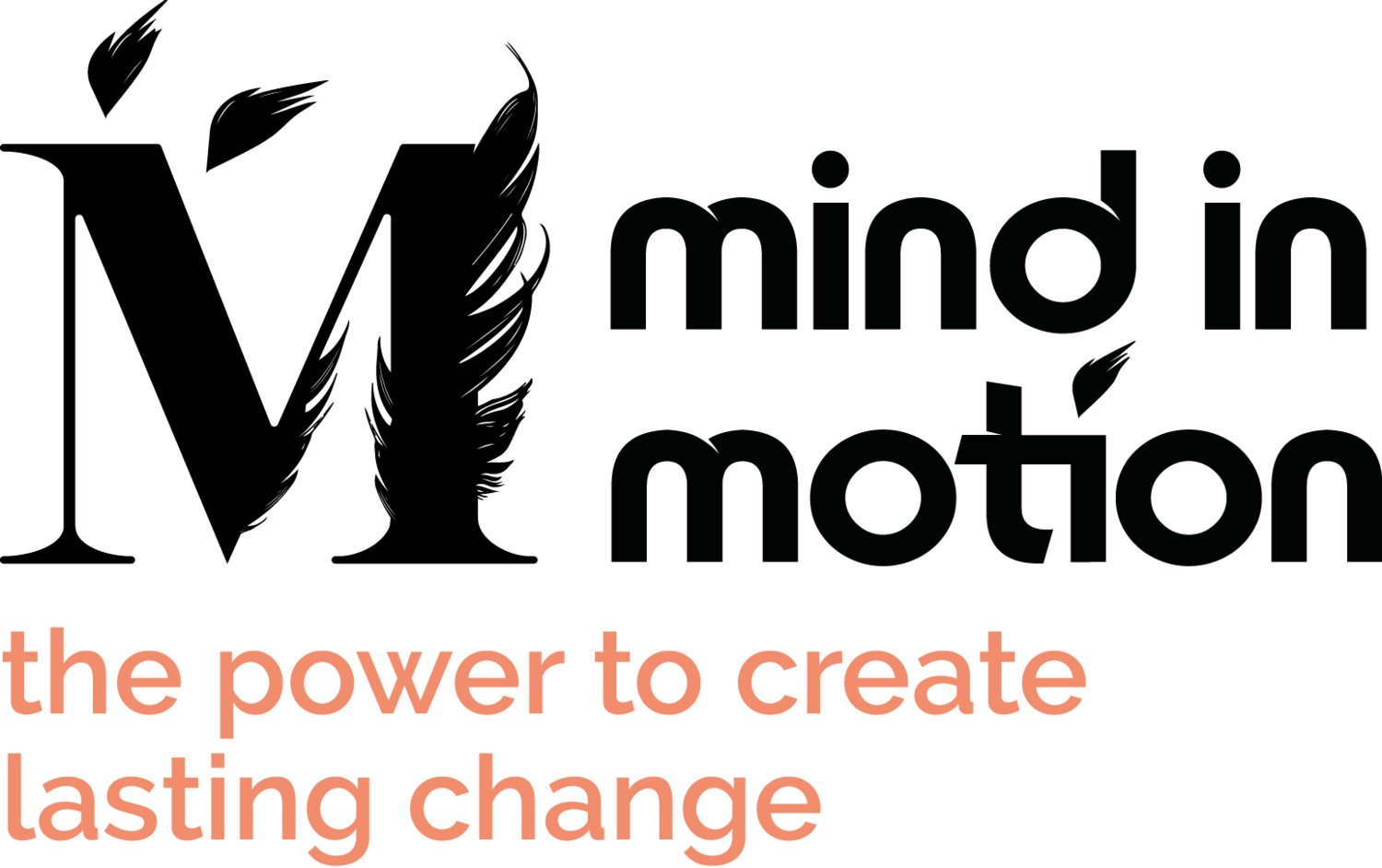Stress & Anxiety
Stress is a normal response to a threatening situation and anxiety is largely caused by worry, but each are driven by the same chemical reaction. Stress is any demand placed on your brain or your body that you struggle to deal with. It is common to hear the expression, ‘I am so stressed,’ when people feel under pressure due to having a lot of responsibility placed on them at any one time and are subsequently attempting to multitask to get things done in a time frame. Feeling frustrated, uncomfortable or nervous about a forthcoming event can trigger the stress response.
Stress can affect us in many different ways and ultimately, if not worked on, may manifest itself in extreme ways such as in developing phobias or the ‘fight or flight’ response. Hypnosis works by activating the ‘relaxation response,’ a highly specific neurological state of the body, which creates calmness, deep relaxation, and understanding and is the precise opposite of the ‘fight or flight’ response. This deep relaxation is a profoundly restful condition which creates a sense of inner peace and contentment.
Achieving this state of calm makes it far more straightforward for the therapist to deal with the specific issues the client has come seeking help for, as stress underpins and exacerbates almost all problems, be those of addiction, low self-esteem, fears and phobias, insomnia, weight gain, physical pain, exam or public speaking nerves and many others, too numerous to mention.
Anxiety is subtly different. It is a feeling of fear, worry, or unease and affects approximately 15% of the population. Anxiety in normal circumstances is all part of the human experience and can be beneficial to us as it helps us to prepare for an event, or to take greater care than we might otherwise have done. Once these conditions go beyond the normal human requirement for safety, they can become extremely frightening and debilitating, and may result in feelings of claustrophobia/entrapment, loss of confidence, restlessness, shaky limbs, sweaty palms, insomnia and agoraphobia.
When you're feeling anxious or stressed, these strategies will help you cope:
Tips to Manage Anxiety and Stress
Take a time-out and practice meditation or yoga, listen to music, get a massage, or learn relaxation techniques. Stepping away, helps clear your head.
Maintain a positive attitude. Work at replacing negative thoughts with positive ones.
Exercise daily to help you feel good and maintain your health.
Limit alcohol and caffeine, which can aggravate anxiety and trigger panic attacks.
Get enough sleep. When stressed, your body needs additional sleep and rest.
Practice correct diaphragmatic breathing - Inhale deeply for a count of 4 through the nostrils, right down into your abdomen. Hold for one second and breathe out for a count of 8, exhaling every last drop of stale air from your body. Do this 3 or 4 times when a feeling of anxiety grips you and practise this technique as often as you can.
Count to 10 slowly, whilst sitting or lying in a relaxed position. Repeat, and count to 20 if necessary.
Do your best. Don’t aim for perfection, that’s not real. Just get as close as you can.
Accept that you cannot control everything. Put your stress in perspective: Is it really as bad as you think?
Welcome humour and wherever possible, be with positive, smiley people. A good laugh is amazingly therapeutic.
Do something helpful. Volunteer, or find another way to be active in your community, which gets you busy and involved with others.
Learn what triggers your anxiety. Is it work, family, school, or something else you can identify? When you’re feeling stressed or anxious, write it down and look for a pattern.
Talk to someone. Tell friends and family you’re feeling overwhelmed, and let them know how they can help you. Talk to a physician or therapist for professional help and, whether male or female, always allow yourself to cry if you need to.


